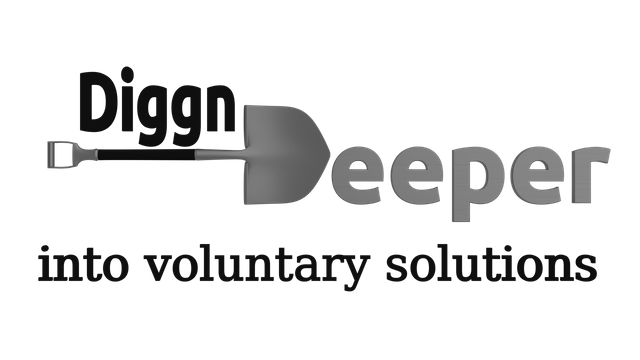The Decentralized Scaling Problem
Decentralized groups are very resilient and difficult to break. As a rule, they are much more efficient than hierarchal organizations. There are also inherent challenges to their success and maybe especially in just getting started.
If we know what some problems/ challenges are to be aware of, we may find workable solutions.
The more I think about decentralized and open tools and principals, the more I think they apply to just about everything. For example; these points are standard challenges of decentralized data networks, but they should apply to ad-hoc/ organic human organizing as well.
- Zero Start: How do you incentivize participation at the point where the activity or idea has no supporters initially? We have seen many liberty activists operate in vein when they are the first and often the only activist in the area. There needs to be a source of experience and resources for these activists to tap into for guidance and support.
- Coverage: How do we get actual physical support in your area if it is sparse of even unavailable. Can we create nodes that can react to specific requests?
- Capacity: Can the network handle activity spikes and increases? Do the nodes have proper resources to reproduce?
- Power: How is power or money distributed or differentiated for community project or personal use? Ethereum, Nxt, and BitShares seem to have excellent tools for governing these challenges.
- Spectrum/ Jurisdiction: In the wireless world, there is a limited amount of spectrum bandwidth to share. In the meet space, there is the problem of who is the ruler in your given land mass. There needs to be a way to cooperate within reasonable tolerances of each other while still getting your objective done. Just watch how experienced activists get away with stuff that would land anyone else a face full of concrete... there are ways.
- Local v Global: How does a group spread their ideas and/ or resources to be available on a global scale?
Incentive and governance systems could use blockchains like Steem or the ones listed above as well as others, of course. I am very interested in learning more about the technicalities of these systems in use.
How do we create and modify protocols? Why not just use the above block chains for governance and something like GitHub to collaborate on the protocols?
If you have any knowledge or experience, I would love some guidance.

I think that coverage and physical support may be the most important facets of a decentralized system. Proprietary software applications are a huge issue going forward as well.
Good points. As for the proprietary issues, I have seen open source gain huge against them in the last decade. That is not to underestimate the challenges proprietary represents, but competition is the spice of life.
Nic post good luck friend